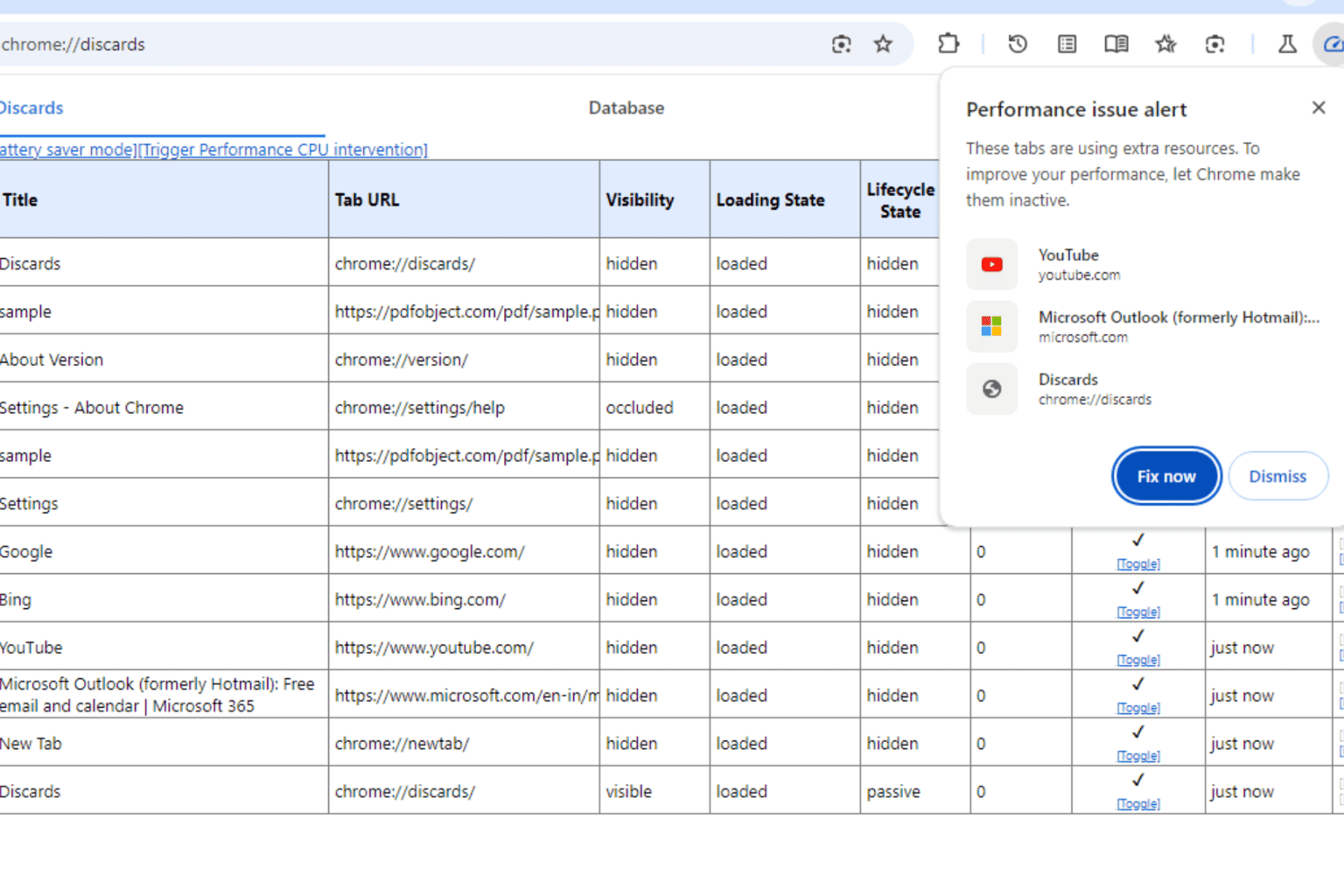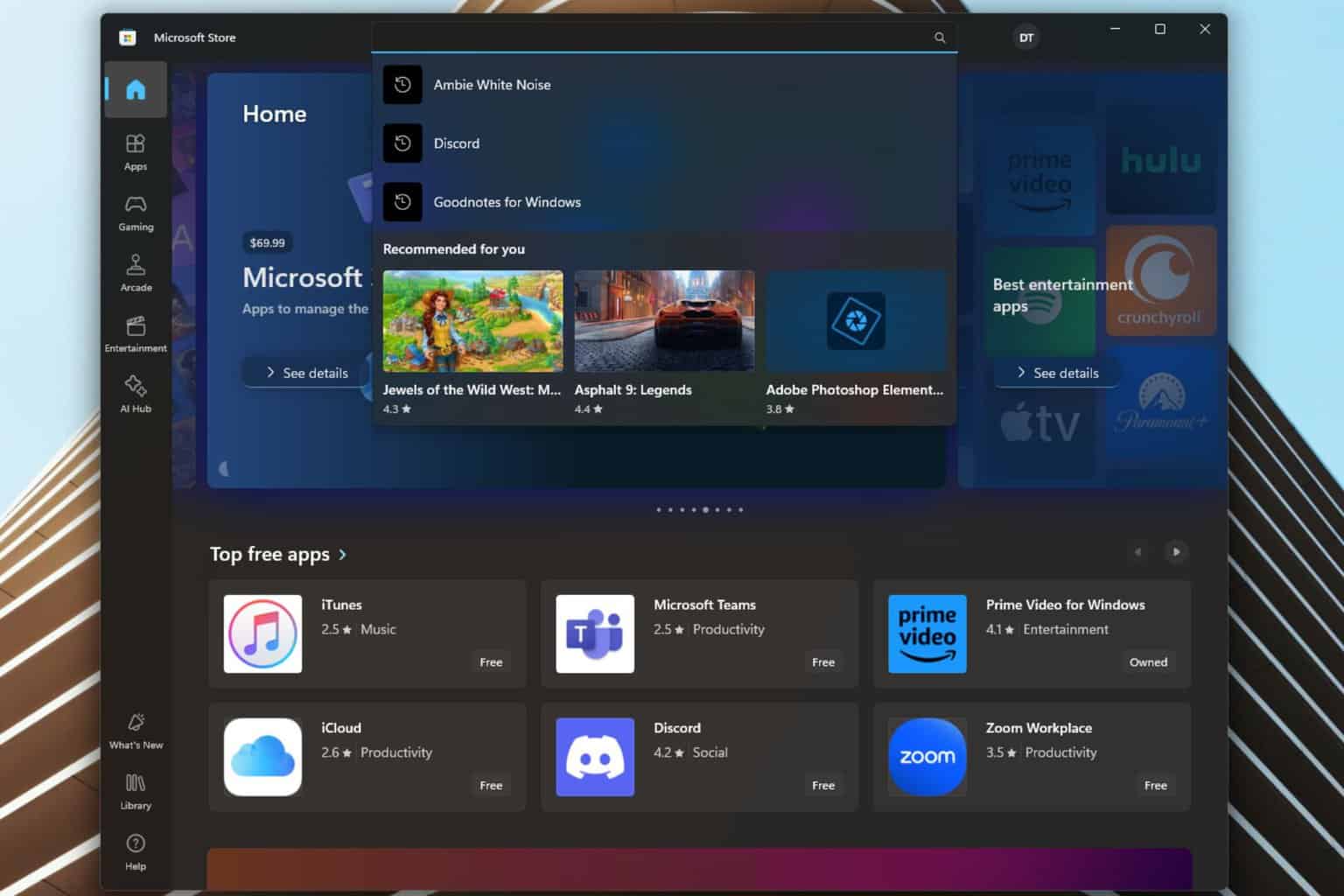Here's what the latest tests reveal about IoT privacy flaws
3 min. read
Updated on
Read our disclosure page to find out how can you help Windows Report sustain the editorial team Read more

Smart devices have slowly but surely made their way into our homes. More and more people are using smart security cameras, home management systems, weather stations, baby monitors, thermostats and more. It’s quite difficult to trust this massive wave of new technology.
All these devices require an Internet connection in order to be able to share data. But, on the other hand, they might be sharing the data with the outside world as well against your will.
The latest home tests carried out by the security company ESET have revealed that various smart home devices raise a few privacy concerns.
This is not the first time that a major tech company has warned users about the privacy issues affecting IoT devices. As a quick reminder, Bitdefender issued similar words of warning about security cameras last year.
ESET’s report IoT And Privacy By Design In The Smart Home main findings
ESET’s research was conducted on various devices including Amazon Echo, D-Link cameras, D-Link home hub, motion sensors, weather stations, speakers and more.
The main vulnerabilities of these devices include the following:
- The login process was not authenticated.
- Communications with the cloud lacked encryption.
- Unauthorized access to the cloud service was possible.
Privacy problems
According to ESET’s report, companies can collect more data than what they describe in their policy. Issues such as oversharing data, insufficient protection of personal information and the possibility of intercepting digital traffic also resulted from the research.
In case you want to be secure while surfing the internet, you will need to get a full-dedicated tool to secure your network. Install now Cyberghost VPN and secure yourself. It protects your PC from attacks while browsing, masks your IP address and blocks all unwanted access.
Voice-activated issues
Each of the tested devices showed security or privacy flaws and voice-activated intelligent assistants such as Amazon’s Alexa also raised a lot of privacy concerns as well. ESET recommends a few steps in its report to avoid these such as deleting past interactions, switching off voice-activated devices when you’re not using them, protecting your accounts with two-factor authentication and more.
Most manufacturers are neglecting security concerns
Security flaws are a sign of an immature organization lacking focus on security. The flaws are showing a considerable lack of analysis and threat awareness, and these are the fundamental causes that result in flaws and vulnerabilities.
Closing words
You are advised to research potential vulnerabilities, the manufacturer’s policy update, and the privacy policy before buying a device. Even if it seems unlikely that a cybercriminal would hack your home, the threat is here to stay.
RELATED STORIES TO CHECK OUT:








